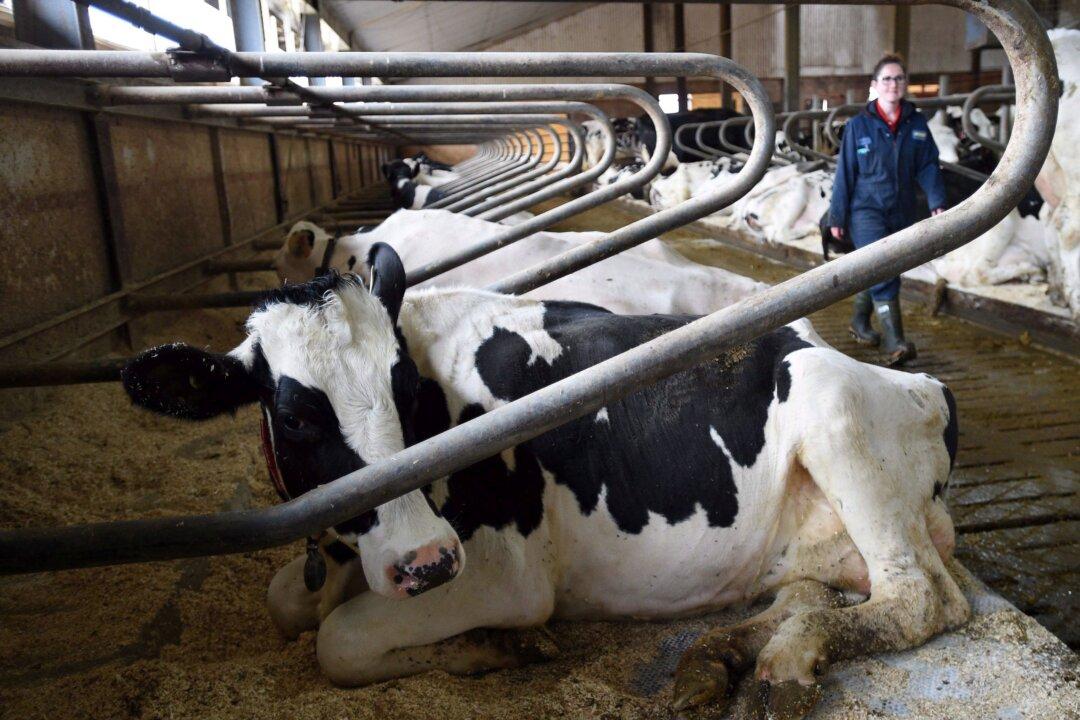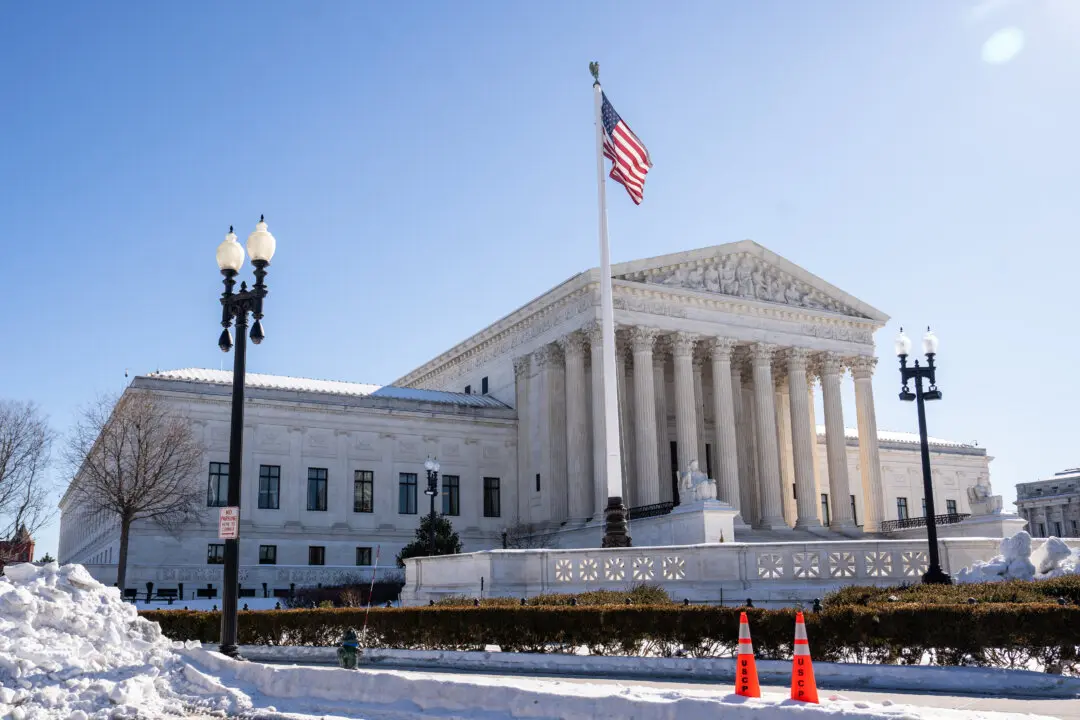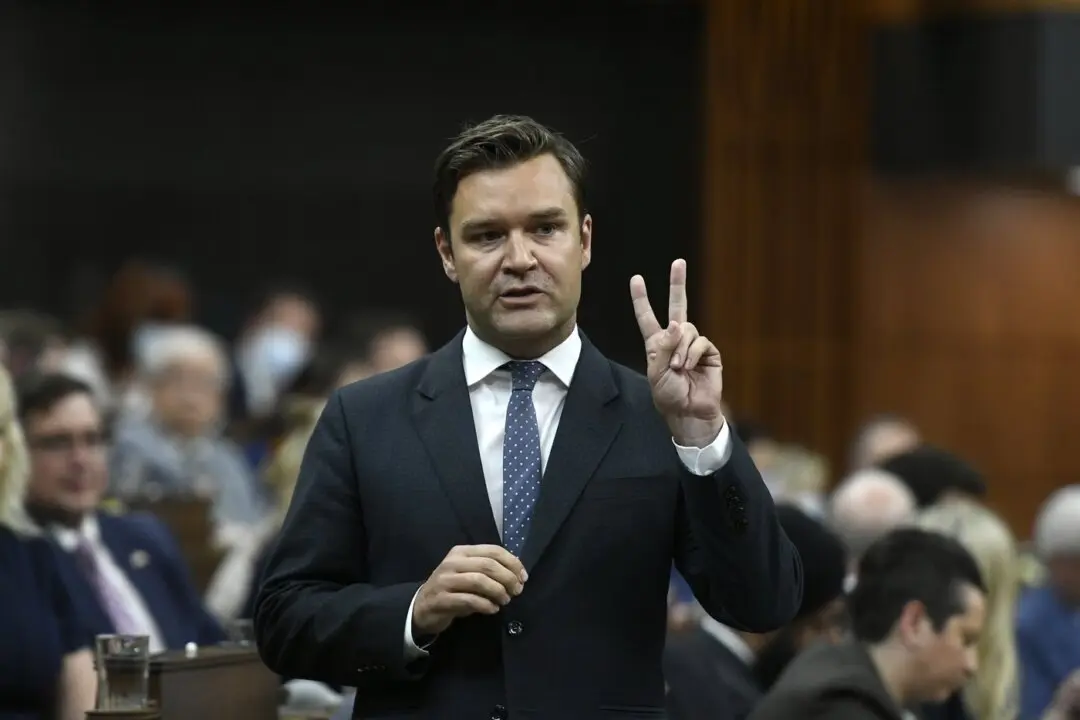In the midst of an affordability crisis, much focus has been on housing or fuel prices, but a Conservative leadership candidate says Canada’s supply management system is also contributing to the rising cost of living and should be ended.
“For years, Canada’s bread makers colluded to inflate their prices. When the Competition Bureau caught them, they had to compensate Canadians. The Government of Canada has its very own price fixing system. It’s called supply management, and it inflates your grocery bill too,” says Conservative MP Scott Aitchison in an April 20 video.





